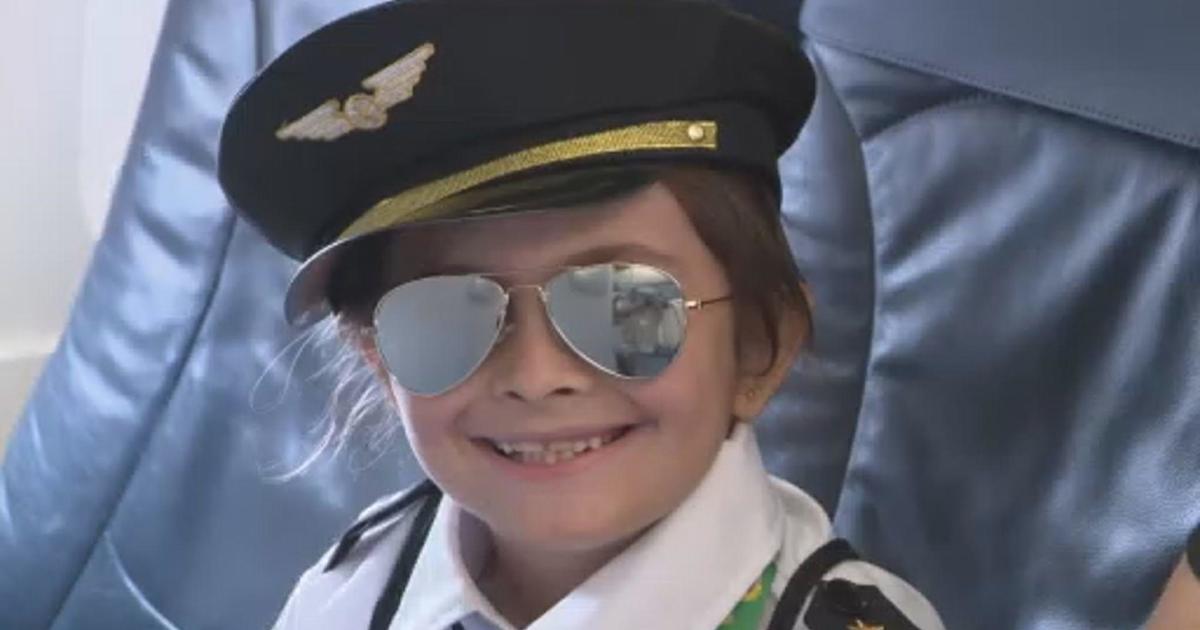FAA Missing Registration Records On Over 110K Civilian Planes
MIAMI (CBS4) - The Federal Aviation Administration is acknowledging that it is missing reliable registration records for one-third of the civilian aircraft in the United States. It is a potentially huge security hole the FAA is working to fix, and one that has many asking why it has taken so long.
Every civilian airplane—big and small, commercial or private—in the nation has a tail registration number. Jay Rollins flew for American Airlines for decades and now has his own small plane based at North Perry Airport in Pembroke Pines. He said, "You can't have one-third of the aircraft out here, including private business jets that can be very dangerous, in the wrong hands and unaccounted for. It is embarrassing."
The FAA estimates that roughly 119,000 of the estimated 357,000 civilian aircraft in the U.S. registry have "questionable registration." Worries about drug traffickers or, worse, terrorists exploiting those holes to get their hands on aircraft have the FAA working to update its computer databases.
CBS4's Michael Williams spoke with Rob Misick, a former Miami-based air traffic controller. He said, "I give the FAA credit for taking action to correct it but it is a problem decades in the making and one wonders why almost ten years after September 11th they are now addressing the issue."
Owners typically register their planes only once, when they purchase them. Now the FAA is moving to require all U.S. aircraft to be re-registered over the next three years with renewals every three years after that. Failure to comply could ground the aircraft and the pilot.
Everyone seems to agree that holes need to be plugged but airlines and banks are grumbling about the costs and added paperwork. Jay Rollins wonders if the FAA is up to the task. He points to his pilot's licenses and said, "I have to pack around three licenses plus a medical certificate because somehow or the other they (FAA) can't figure out how to put all this information on one card."
It is an observation that begs the question—will the notoriously bureaucratic FAA be able to create a better, more streamlined registration system that improves homeland security, or simply end up with a bigger ball of red tape. It is a fine balance the FAA seeks and aviation professionals say the answers remain up in the air.



